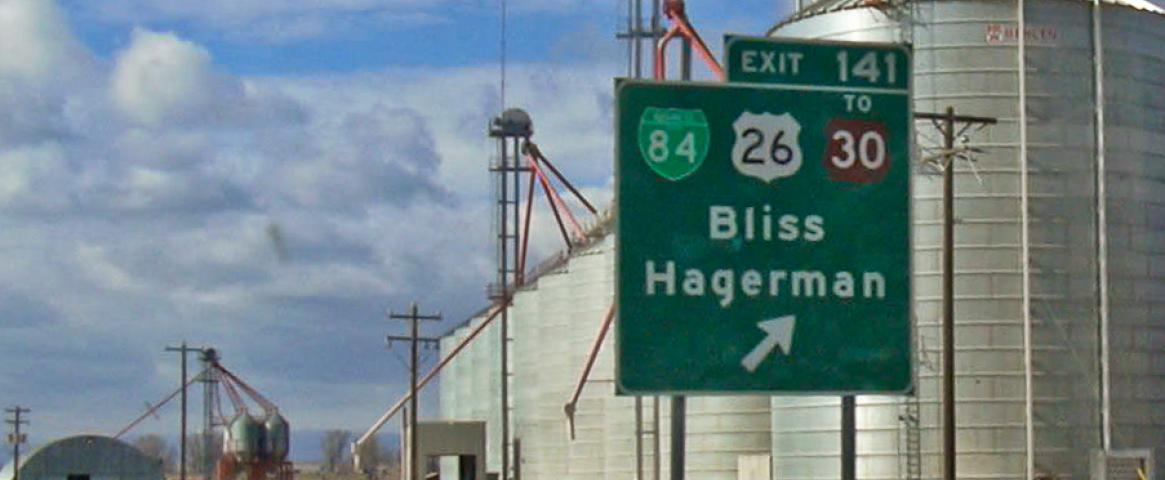By Alison Fromme
Some people pine for the open road that freelancing offers. Others see it as a dreaded last resort after a layoff or a move for a partner's job. Either way, you might be at that critical moment right now: the point at which you consider an independent career. Is bliss right around the corner?
My now-or-never moment came after I had explored writing as an undergraduate, detoured through public high school teaching, and earned a Master's degree in zoology. In 2004, I considered accepting an offer to attend journalism graduate school. But I balked at the prospect of debt and even more schooling, especially when I wasn't convinced I would learn practical freelancing skills from academia. So I said, to no one in particular, "What am I waiting for? To hell with a conventional career."
Thus began my freelance adventure.
Freelance hopefuls launch careers straight from academic programs, internships, full-time jobs, and even unemployment. There is no one-size-fits-all approach to this career. But you'll be wise to consider your strengths and weaknesses as you begin.
When I was starting out, I knew I could capitalize on my degrees in biology and my teaching experience. I had a few published clips from an undergraduate internship and my alumni magazine. I knew the very basics of how to pitch an article. I planned to pitch health and environment stories to small magazines, and I'd approach educational publishers about writing curriculum materials.
But I had never had a staff job at a magazine or newspaper. I didn't know the editorial process from end-to-end. I needed to beef up my reporting skills, learn how to start a business, and connect with experienced writers.
Before you jump into freelance science writing, think about your strengths and weaknesses.
Are you writing a dissertation? Yes, you can write. But can you use quotes effectively? Can you vary the pacing of sentences and paragraphs for your (possibly impatient) readers? Can you meet a deadline and a word count?
Are you an expert in atmospheric science, zoology, or some other field of science? You know what's "news" in your field, and you're passionate about it. But can you translate that news — and make it relevant — for another audience?
Are you a journalist migrating to science writing? You know how to interview sources and report the news. But can you convey the statistical nuances behind study results?
Are you a writer who can create beautiful prose? You know your craft. But can you tackle the business of selling your story ideas?
Consider what you know, what you don't, and how you can learn the skills you lack. I took classes, joined professional organizations like NASW and NCSWA, and paid attention to my successes and failures (and believe me, there were many failures). But most of all, I sat my butt in my office chair and I worked.
You can too. And, if you find bliss, let me know, eh?
This is the first installment of our four-part Freelance 101 series.
Alison Fromme is a contributing writer for Mountain Home Magazine and the founding editor of Hot Potato Press, a hyperlocal food news website. She's currently working on her first creative nonfiction book. Her writing has appeared in National Geographic, Backpacker, and the New York Times Learning Network.
Image credit: Alison Fromme




